President Barack Obama is a man who chooses his words carefully. When Hillary and Bill Clinton attacked him during the 2008 Democratic primaries, claiming his whole career had been built only on words, he fired back. He quoted the Declaration of Independence, Lincoln at Gettysburg, and Dr. King at the Lincoln Memorial. Are these just words, he asked rhetorically. And what stirring rhetoric it was.
That’s why the media is doing us a disservice by not carefully analyzing the words that made up Obama’s speech at Cairo University. In reaching out to what he termed “the Muslim world,” and seeking a new beginning in U.S. relations with Islamic societies, Obama was at pains to tell his Muslim listeners of his own rich experience, how he had experienced Islam on three continents as a child.
The liberal press may have been too deep in its collective salaam before Obama, their Expected One, to notice the critically important turn of phrase Obama employed in Cairo. He did not say the Middle East was the region where Islam began. No, he would say nothing so pedestrian as that. Nor did he say that it was there, in the shadow of the pyramids where millions first received their inspiration from the man they revere as the prophet of God. Nothing so poetic.

No, what he said was he was now visiting the region “where Islam was first revealed.” Could an informed Christian say that? Christians believe that Jesus Christ is “the alpa and the omega,” that Jesus is Lord. If you say that Islam was revealed, you are saying that Jesus is not Lord, that there was someone or something necessary to complete what Jesus failed to complete. And that something is Islam.
Recommended
That word revealed is packed with centuries of theological significance. Our dictionary defines it simply: “1 : to make known through divine inspiration.” It can also mean uncovered or made visible. But when you are speaking at a site you have chosen because of its centuries as a center of Islamic learning, you can hardly intend your words—especially words offered to a vast viewing audience for whom English is not their primary language—shall be understood in their secondary or even lesser meaning.
In the heart of those nations where Islam predominates, Obama pronounced himself “a Christian, but…” And then acknowledges that Islam was revealed. The one statement seems not only weak and defensive, but reveals his own hesitant, conditional or limited Christianity.
I understand that Barack Obama wants desperately to demonstrate his stark differences with everything Bush. He views his own elevation as a repudiation of George W. Bush and all his works.
What he did on his trip to the Middle East was also a repudiation of American policy going back to liberalism’s great model, Franklin D. Roosevelt.
Roosevelt arrived in February 1945 for his only summit with the leader of Saudi Arabia, King Abdul Aziz. Roosevelt was conveyed on the U.S.S. Quincy, a warship of his beloved Navy. FDR can be seen in photographs of that solitary meeting. Wearing his dashing Navy cape, the President sits across from the king in his flowing robes. The President looks straight into the news cameras, calm and confident. Just months from death, Roosevelt gave the last ounces of his strength to advance his agenda for peace in the region.
Roosevelt was not willing, however, to crush the hopes of the Jewish people for a land to call their own. He had sent a letter the previous fall to New York Sen. Robert F. Wagner: “I know how long and ardently the Jewish people have worked and prayed for a free and independent Jewish commonwealth. I am convinced that the American give their support to this aim and if re-elected I shall help bring about its realization.”
FDR, too, knew the power of words. “I shall help to bring about its realization”--the realization of a Jewish state. Nothing like those words were uttered by Barack Obama in his Middle Eastern trip.
Roosevelt had to know his task would not be an easy one. The Saudi king had suggested that instead of letting the Jews settle in Palestine, they should be given a homeland in defeated Germany. Let the Germans pay for what they had done, or had allowed to be done to the Jews.
Roosevelt, citing his own rural upbringing as a farmer, offered the king help with reclaiming water for his parched desert kingdom. The king waved off such help—if it meant that the deserts might bloom for the Jews, too.
What has changed? Sixty-four years later, aren’t the Arab rulers still willing to see their own people impoverished and oppressed rather than let them advance with their Jewish neighbors? Aren’t they still unwilling to recognize Israel as a Jewish commonwealth? Nothing the Expected One achieved as he abased himself and the U.S. before the Arab world can give us hope for positive change.
Let us not think that he has brought balance. Only six percent of Israelis think Obama is pro-Israel. What can the rest of Israel’s friends be thinking?

















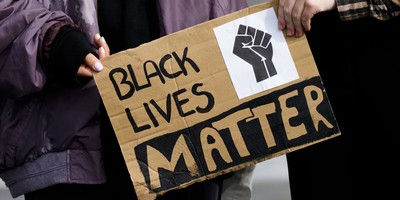

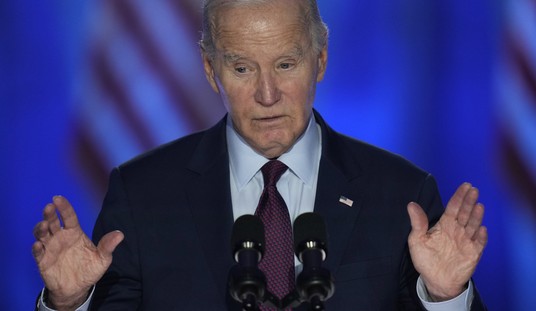


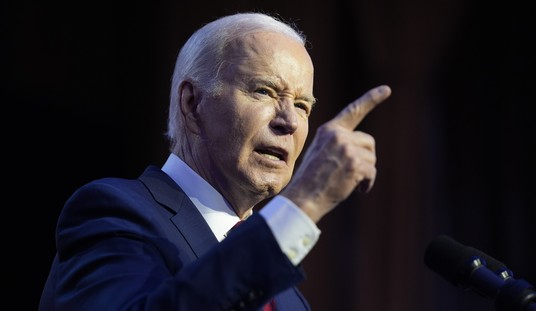
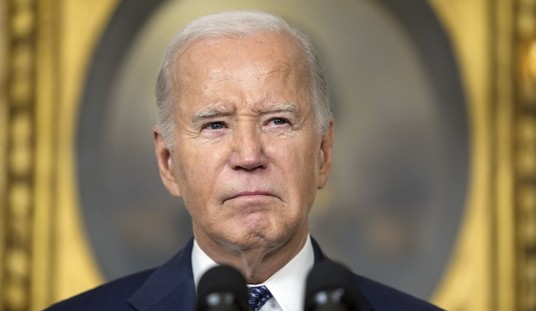
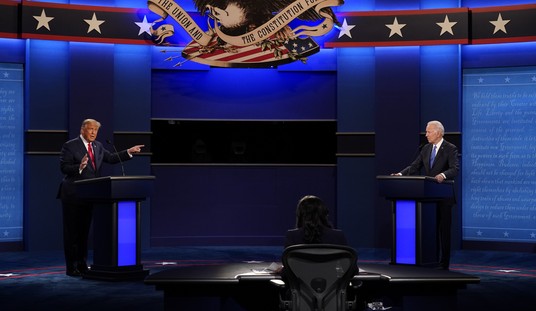
Join the conversation as a VIP Member